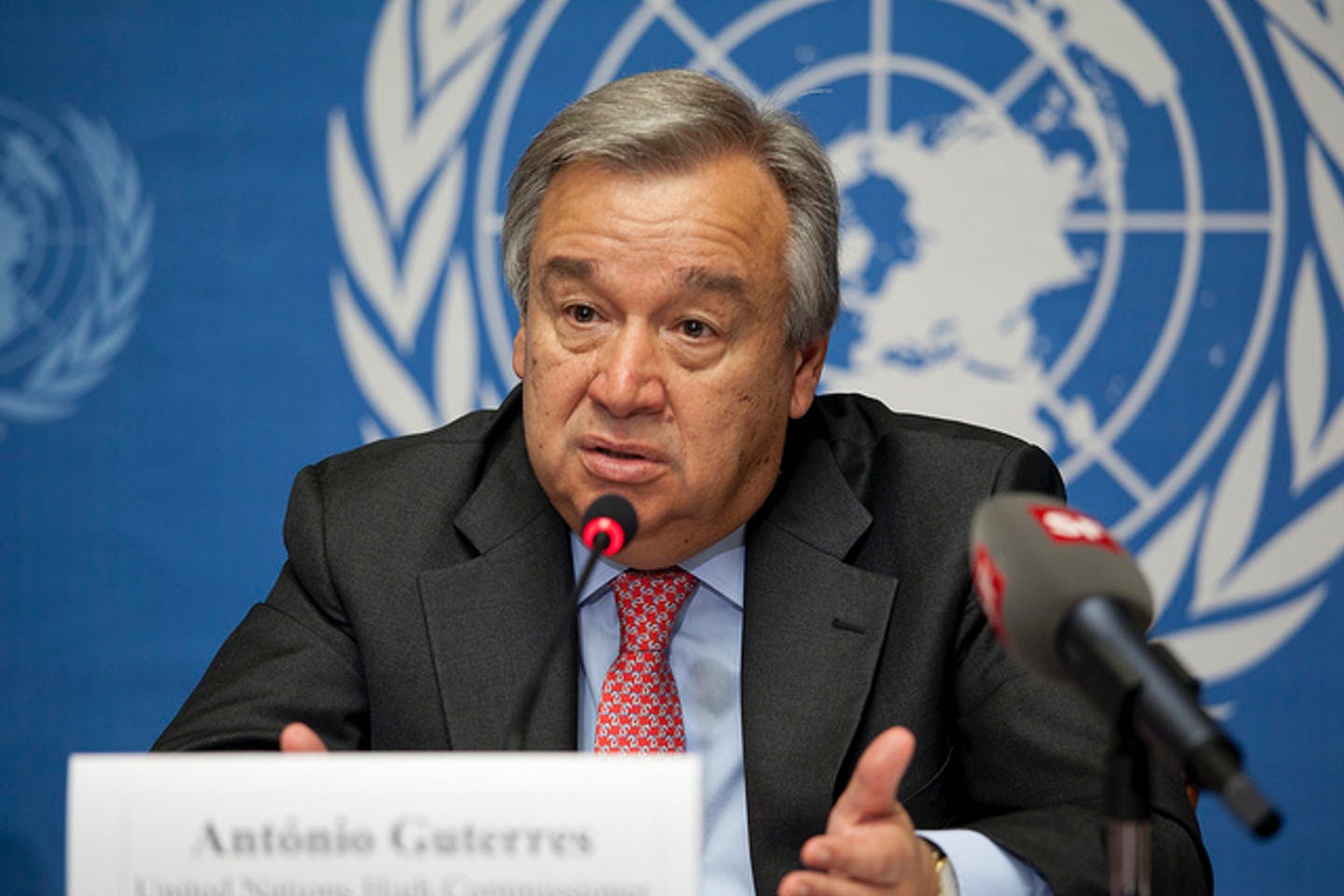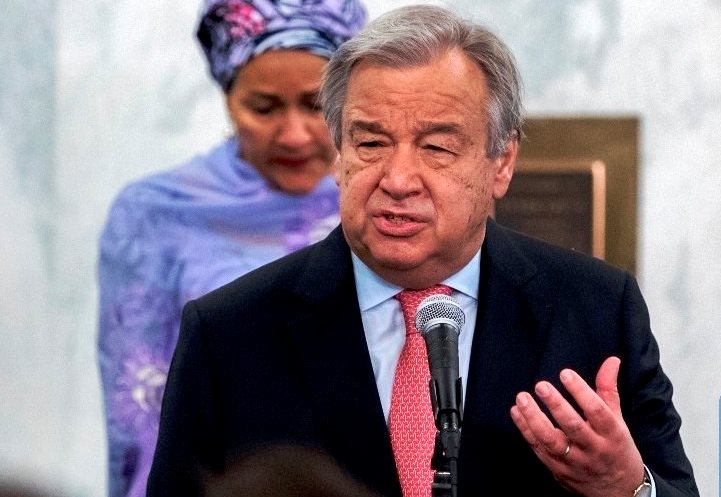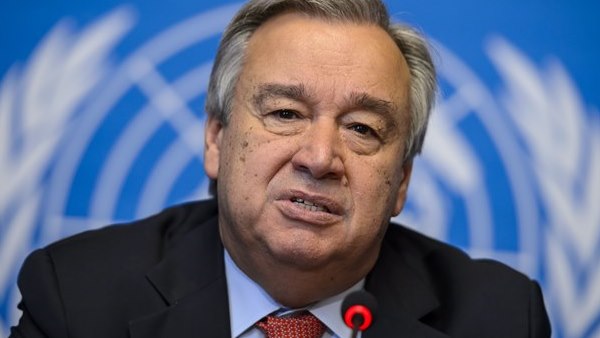The Portuguese government has officially nominated UN Secretary-General Antonio Guterres as a candidate for a second term in office.
UN spokesman, Mr Stephane Dujarric, disclosed this at his daily news briefing in New York on Wednesday.
He said the nomination came in a letter addressed to the Presidents of the General Assembly and the Security Council.
Guterres, 71, a former Prime Minister of Portugal, became the ninth Secretary-General following his election by the UN General Assembly on Oct. 13, 2016.
On Jan. 11, Dujarric confirmed that the UN chief, whose current term expires on Dec. 31, would be seeking a second five-year term beginning in January 2022.
Article 97 of the UN Charter empowers the General Assembly to appoint the Secretary-General on the recommendation of the Security Council.
This means that any of the five permanent members of the council, who will make their choice known in coming months, can veto Guterres’ nomination.
The selection process of the next Secretary-General officially began on Feb. 6 with a joint letter by the General Assembly and Security Council presidents asking member states to nominate candidates.
As of the time of filing this report on Wednesday evening, only Guterres was known to have been nominated for the post.
In January, Honduras’ permanent representative to the UN, Amb. Mary Flake, also sent a letter to all member states asking them to present female candidates.
Flake said there had never been a female secretary-general, adding that she is “wring from a place of conviction, where standing for equal rights makes a difference in creating a fair and equitable organisation”.
Guterres’ election in 2016 came as a disappointment to women, who had hoped to break the male dominance of the post.
Thirteen candidates, comprising seven women and six men, contested for the post then.



